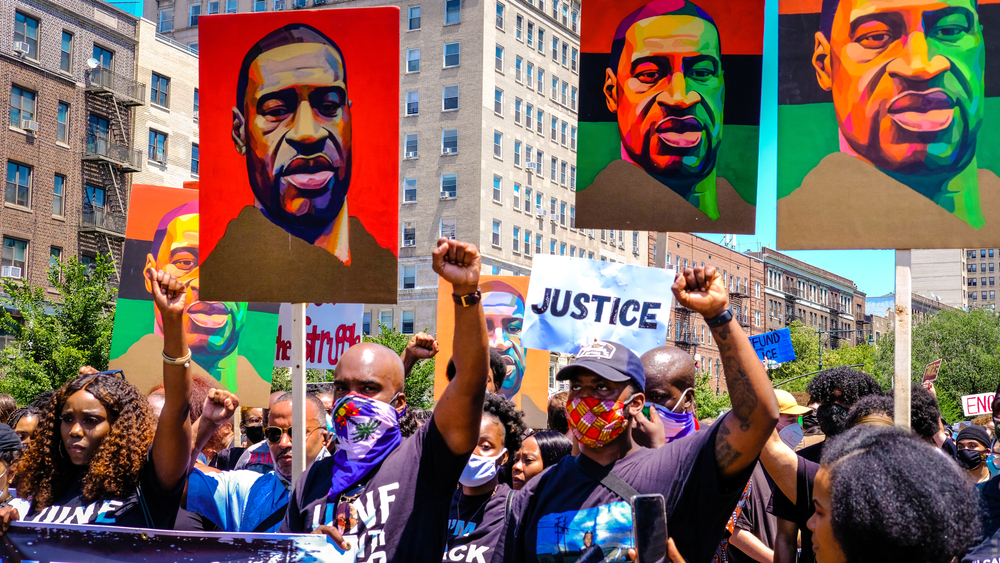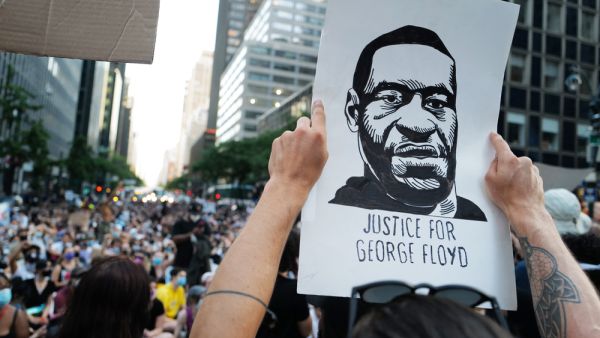ALBAWABA - A federal judge approved on Monday that Derek Chauvin's legal team can now examine George Floyd's heart tissue and bodily fluids as part of an appeal for the former police officer who is serving 21 years federal sentence.
The appeal comes in an investigation if George Floyd was already suffering from a condition before being violently pinned down by former officer Chauvin using his knee, later resulting in the individual's death in 2020. The incident in question resulted in a civil outroar across the US, triggering the resurfacing of the hashtag '#BlackLivesMatter."
According to CBS, Derek Chauvin claimed that he wouldn't have pleaded guilty if he knew about the theories made by Dr. William Schaetzel who doesn't believe that Chavin's violent actions caused Floyd's death.
Was George Floyd alive after arriving at the hospital? Heart tissue examination approved
Schaetzel believes that Goerge Floyd died from a high level of catecholamines, a high stress level response to a heart condition hence the recent approval of Floyd's heart tissue.
Social media users took to Musk's X (formerly known as Twitter) in speculation that George Floyd didn't die in the ambulance as claimed, but was alive when he arrived at the hospital.
X user 'MJTruthUltra' quoted page three in related court documents shared by the United States District Court which read, "The autopsy report shows that antemortem blood was collected by HHC on 5-25-2020".

Brooklyn, New York / USA - June 19, 2020: Marchers raise their fists at a justice rally for George Floyd and celebration of Juneteenth (Shutterstock)
The definition of 'antemortem' is "occurring or performed before death," which stirred debate on social media about Floyd's death. Other X users took to the post's comments section and demanded authorities to release Chauvin from prison.
Another user replied to 'MJTruthUltra' and wrote, "No he was pronounced dead in the ambulance on camera."
On the other hand, Northeastern University's professor, Leo Beletsky told AP Floyd died from a "Knee to Neck" when he got pinned down by former police officer Derek Chauvin.
He said, "The physical responses that George Floyd was having were much more consistent with trauma than an overdose."









